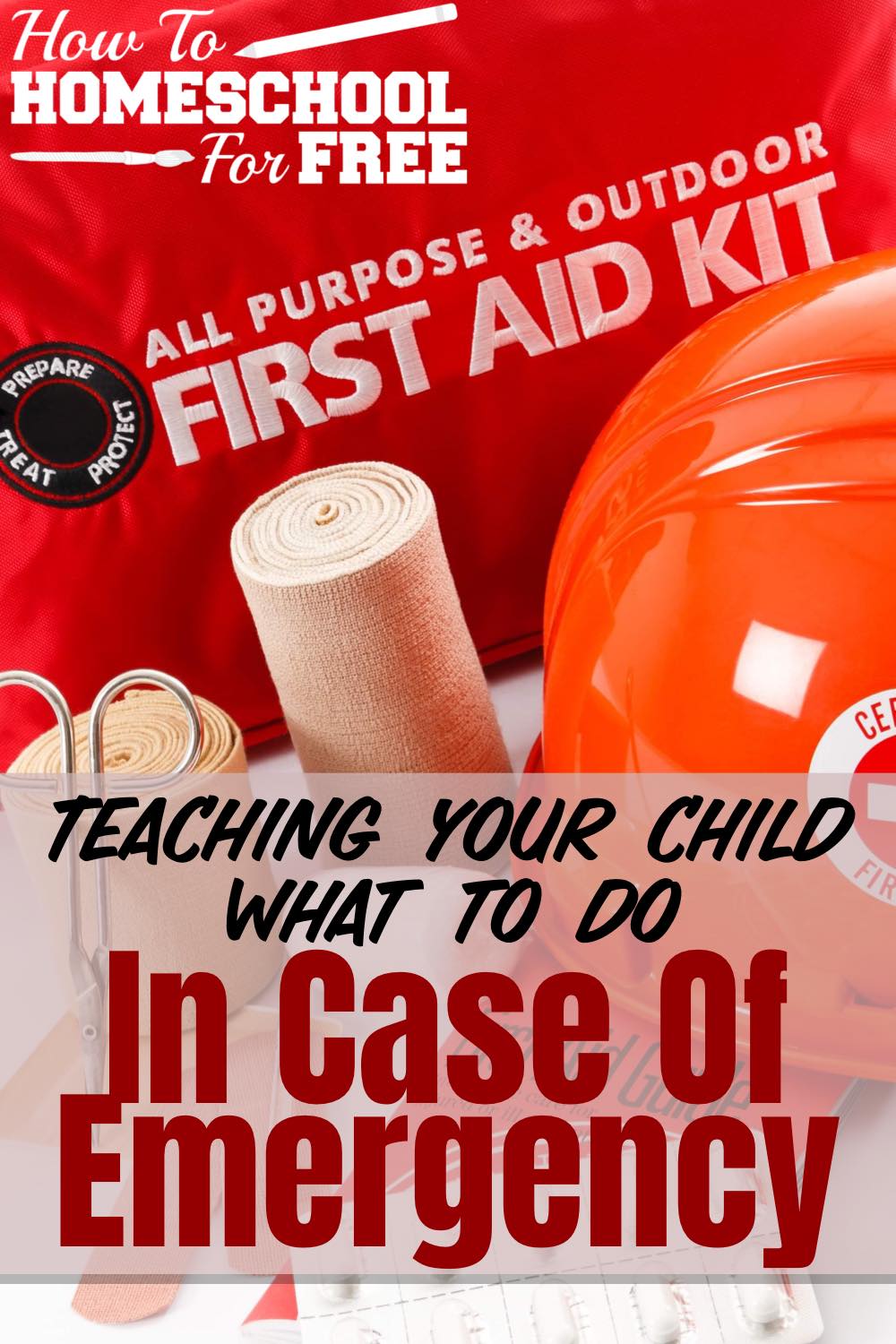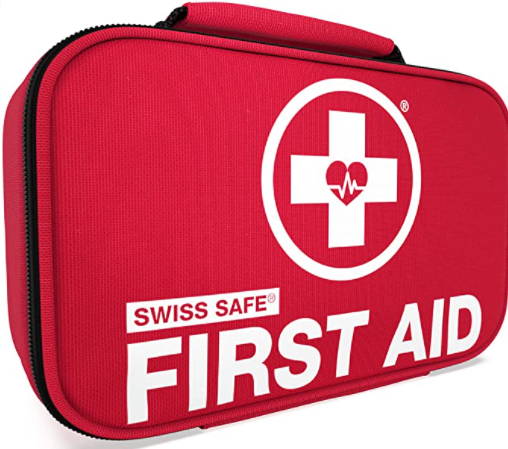 How many times have I asked myself this question? Too many, probably. It always seemed to pop up for me when reading a news story about a young child dialing 911 in time to save grandma from a stroke or the family home from a fire. I’d hear these stories and immediately feel the panic rise: would my child know what to do in case of a fire? Would she be able to adequately pass information to emergency personnel? Would she panic speaking to a police officer or paramedic?
How many times have I asked myself this question? Too many, probably. It always seemed to pop up for me when reading a news story about a young child dialing 911 in time to save grandma from a stroke or the family home from a fire. I’d hear these stories and immediately feel the panic rise: would my child know what to do in case of a fire? Would she be able to adequately pass information to emergency personnel? Would she panic speaking to a police officer or paramedic?
Heavy questions like these concerned (terrified) me when my kids were young. And that fear would still creep up at times as they got older. As with most things, though, I’ve found the solution to the problem of “what to do” is to practice.
When they’re little…
Where to begin? Well, that starts with what children are capable of remembering. Luckily for us safety-minded parents, children can retain quite a lot! As soon as a toddler can remember songs like the ABC’s and Old MacDonald, they are old enough to remember emergency information like phone numbers, parents’ names, and their address. I found that my kids (and myself) could remember things much easier when put to music, so I made our phone number and address into a song that we sang once a day, along with our other preschool favorites. Once something was given a tune, they remembered it so quickly! Turns out that music is incredibly beneficial for young children, and musical experiences in childhood can actually accelerate brain development. (A fascinating study was conducted in 2016 by the University of Southern California’s Brain and Creativity Institute to this effect and that’s well worth a read!)
- tip: If your child isn’t old enough to learn your number but you will be in a large open area with them, get these temporary tattoos. We’ve done them with our kids at the beach and other places with great success! I was super impressed with how long they stay on! These also come in handy if your child will be traveling with a grandparent or friend. You kid might not have had the chance to memorize grandma’s phone number yet, so this is a quick way for a helper to be able to get your child back to their guardian without any extra steps.
Practice calling 911
Teach your kids about calling 911, and what constitutes an emergency. Talk about when and why it’s important to retreat to a safe distance from the home (see Meeting Place below) to make the call. Make sure they know to go to a neighbor’s home if they do not have a phone to call from. Pretend to be the dispatcher and have them practice answering questions and giving information. Practice makes perfect and the repetition will make the real thing less scary if they ever have to do it for real.

Create a Family Escape Plan in Case of Fire
When it comes to creating a home emergency escape plan, keep these three words in mind – Plan, Practice, Repeat! This is not a one-and-done deal, and it is important to practice over and over with your family. We know that repetition is the fastest way to teach young kids. It doesn’t change as they age!
Know at least 2 ways to get out of every room – After every move or when staying somewhere new, we always draw a map of the house, labeling exits, escape routes, and designating a meeting place. The most important thing to do in case of fire is to get OUT. When creating your map, be sure to draw furniture, windows, and doorways. We talked to our kids and mentioned things like “If you were on the couch, what are 2 ways you could get out?” Or saying where the fire is, and asking them which way they should go to get out. Talk with older siblings about bringing younger ones along on their way out of a room. Talk about safe ways to get pets out of the house if they aren’t in the room with you, like leaving doors and windows open as escape routes.
Set a meeting place – Where will your family meet in case of an emergency? This is an important step that families often forget to plan for. My family has dedicated a neighbor’s home to meet in front of. We are very specific about which home it is, making sure it is a safe distance and I make a point to bring it up often as we drive or walk past it.
Have everyone pack an emergency bag – The goal here is not to pack the kitchen sink, just the immediate essentials you would need if you had to run out of the house in the middle of the night: dry, weather-appropriate clothes, comfortable shoes, water bottle, toiletries. Have your kids help pack them and examine them periodically to make sure everything inside is still the appropriate size or season. Make sure kids know where their bags are and practice getting them when you do your drills.
Ready.gov is a great resource for fire safety and preparedness.
What to do in case of a tornado or hurricane
I have grouped these storm types together for the sake of being concise, but they are very different. In case of a category 4 or 5 hurricane, the best thing to do is evacuate. As a lifelong gulf coast resident, I can tell you that these storms are big and incredibly destructive, but relatively slow-moving, and usually, there are days of early warning. Take the important things and go stay inland for a few days.
If early evacuation is possible for a tornado, then do it. But these storms can happen so suddenly and despite advancing early detection systems, they can be deadly. The safest precaution is to plan for what to do if you must shelter in place. First, identify the inner-most, structurally sound room of your house; not on an exterior wall and away from windows. Emergency bags for each family member may be too cumbersome in a tight space like a bathroom or closet, but you can make a special storm or shelter in place bag with small snacks and water, flashlights and batteries, and a first aid kit. Identify who’s job it is to retrieve the bag before heading to safety. Practice tornado drills with your kids so that everyone knows what to grab and where to go.







